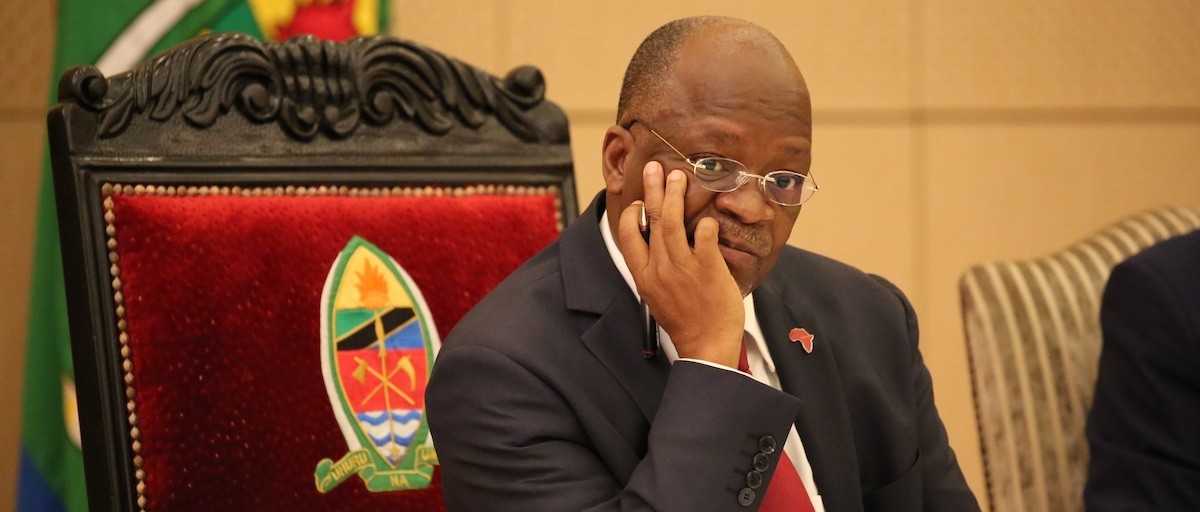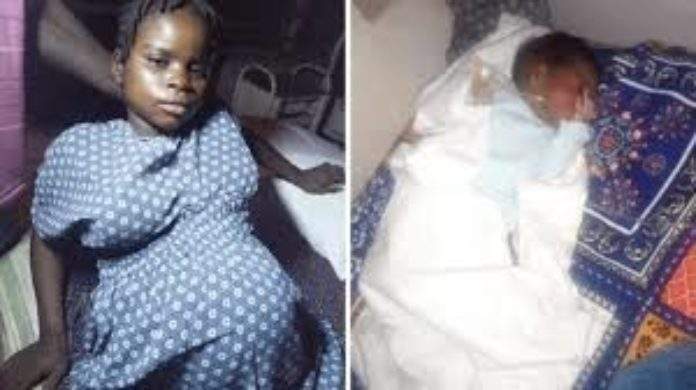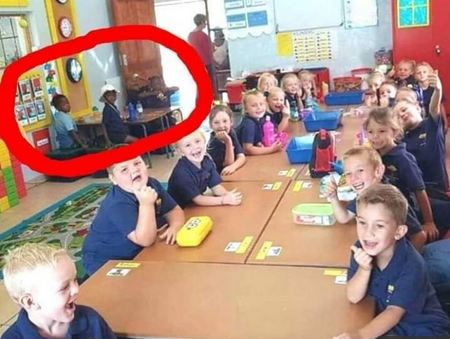Grieving relatives of Covid-19 victims, health experts and opposition politicians in Tanzania have accused President John Magufuli of causing thousands of deaths in the east African country and undermining the fight against the pandemic across the continent.
Magufuli has denied the local spread of Covid-19 in Tanzania, discouraged the mention of the disease by health workers, rejected most conventional measures in favour of prayer and said vaccines are dangerous, without offering any evidence.
Despite repeated requests by the World Health Organization, Tanzania has not published any statistics for Covid-19 cases since May, when it logged 509, and has no testing programme.Experts fear that Magufuli’s policies will allow Tanzania to act as a source of infections and new variants, which could spread across Africa and beyond.
The WHO last week called on Tanzania to protect not only its own 58 million citizens but also neighbouring countries.
“This situation remains very concerning. Covid-19 is a serious disease that can cause severe illness and even death. National authorities everywhere must do all they can to protect people and save lives,” said Tedros Adhanom Ghebreyesus, the WHO’s director general.
Burial workers in Dar es Salaam, Tanzania’s biggest city, and on the semi-autonomous island of Zanzibar told the Observer they face unprecedented demand. Churches said priests are conducting more funeral services than “in living memory”.
Doctors said hospitals are overwhelmed, with an acute shortage of beds and oxygen.
“We have elderly patients coming in, showing every symptom that we’ve seen around the world but we cannot test … we are not allowed to even mention Covid-19. We have to call it pneumonia,” said one doctor, who requested anonymity for fear of punishment by employers and authorities.
Farida Saidi’s 82-year-old father died this month in a hospital in Dar es Salaam. His relatives were unable to find a bed in an intensive care unit because all were full.
“They said we could only keep him where he was and hope for the best. They called it pneumonia but said, ‘your father has the same condition that everybody is facing everywhere’,” Saidi said.
“Since January we have lost six family members. On my WhatsApp there are just messages and messages about people dying. They are all showing the same symptoms: struggling to breathe, fever, loss of sense of taste. It is desperate.”
Saidi said Magufuli’s policies had cost lives.
“I wouldn’t want anyone to watch their father die the way I did. It’s so wrong.”
Zitto Kabwe, leader of the opposition ACT-Wazalendo party, said that his party had called on its members to document and report all deaths due to suspected Covid-19 so that it could hold the government to account.
“We don’t have data. There is no testing, so it’s very difficult to cut transmission. Local media have been afraid even to mention Covid-19. We just see hospitals being full,” he said.
A second wave, fuelled by a more transmissible variant of the virus originating in South Africa, has pushed infections across the continent to 3.8 million, with more than 100,000 deaths. The total is thought to be a significant underestimate.
The extent of any outbreak in Tanzania is unclear, but South Africa, which has roughly the same population, has suffered almost 50,000 deaths from Covid-19, according to official statistics, and many more according to excess mortality figures.
Last month, Tanzania’s chief government spokesman, Hassan Abbasi, told Reuters that, while the country was not entirely coronavirus-free, it had “controlled” the disease.
“There are people intermingling with the global world. But we don’t have local transmissions. That is why you are seeing everything is open, universities, sports, arts, markets, and you have not heard someone has fallen down publicly,” Abbasi said.
A doctor at the coronavirus testing centre in Zanzibar said that more than 80 cases had been recorded on the island from mid-December to early January. “But we are not allowed to release the data,” said the doctor. “We keep it for future use.”
The rise in cases has led to mixed messaging from the government.
The Zanzibar health ministry last week issued a public announcement asking people to avoid gatherings and “rush to a nearby hospital for testing if you feel you have difficulties in breathing”.
But officials denied this was because of Covid-19, saying they wanted to encourage people to take precautions because the number of people suffering breathing difficulties is increasing.
A health ministry official, Mabula Mchembe, visited hospitals in Dar es Salaam and stressed that there were no coronavirus patients, just “rumours which may cause unnecessary panic”.
Vaccination programmes are now under way or planned in most African countries, but not Tanzania.
In late January, Magufuli, who won a second term in October in an election marred by violence and allegations of fraud, said prayers, steam inhalation or herbal remedies were better than “dangerous” foreign vaccines.
Faced with international pressure and after the deaths of a series of senior officials, there has been a change over the past two weeks.
Magufuli recently attributed the death of the head of the civil service to the “respiratory disease”, and official media have begun calling on Tanzanians to wear face masks and wash their hands.
“I can’t say there is any hope,” said Kabwe, the opposition leader. “It’s too late now, the spread at the community level is so widespread. “How many people need to die before the government accepts the obvious?”




